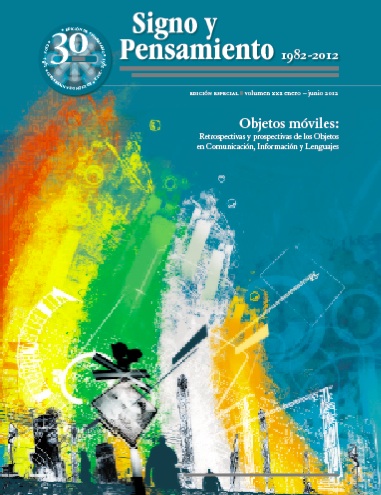Abstract
What mechanisms of power are crouched in the media scandal? Are there direct links between scandal, power and the mass media? To what extent do the media contribute to configure, reveal and propagate what is called 'scandal'? Does public opinion have to do with the shaping of the scandal, or is it just a media ploy? Are there events that, by their very nature, can be classified as scandalous? Is the scandal inherent in the media? What social reaches has the mediated scandal?
Brunner J. J. (2010), “El escándalo y los medios de comunicación”, disponible en: http://comunicaziones.blogspot.com/2010/04/elescandalo-y-los-medios-de.html, recuperado: 8 de octubre de 2001.
Wikipedia (2011, 19 de agosto), “Escándalo” [en línea], disponible en http://es.wikipedia.org/ wiki/Esc%C3%A1ndalo, recuperado: 2 de febrero del 2012.
This journal is registered under a Creative Commons Attribution 4.0 International Public License. Thus, this work may be reproduced, distributed, and publicly shared in digital format, as long as the names of the authors and Pontificia Universidad Javeriana are acknowledged. Others are allowed to quote, adapt, transform, auto-archive, republish, and create based on this material, for any purpose (even commercial ones), provided the authorship is duly acknowledged, a link to the original work is provided, and it is specified if changes have been made. Pontificia Universidad Javeriana does not hold the rights of published works and the authors are solely responsible for the contents of their works; they keep the moral, intellectual, privacy, and publicity rights.
Approving the intervention of the work (review, copy-editing, translation, layout) and the following outreach, are granted through an use license and not through an assignment of rights. This means the journal and Pontificia Universidad Javeriana cannot be held responsible for any ethical malpractice by the authors. As a consequence of the protection granted by the use license, the journal is not required to publish recantations or modify information already published, unless the errata stems from the editorial management process. Publishing contents in this journal does not generate royalties for contributors.


